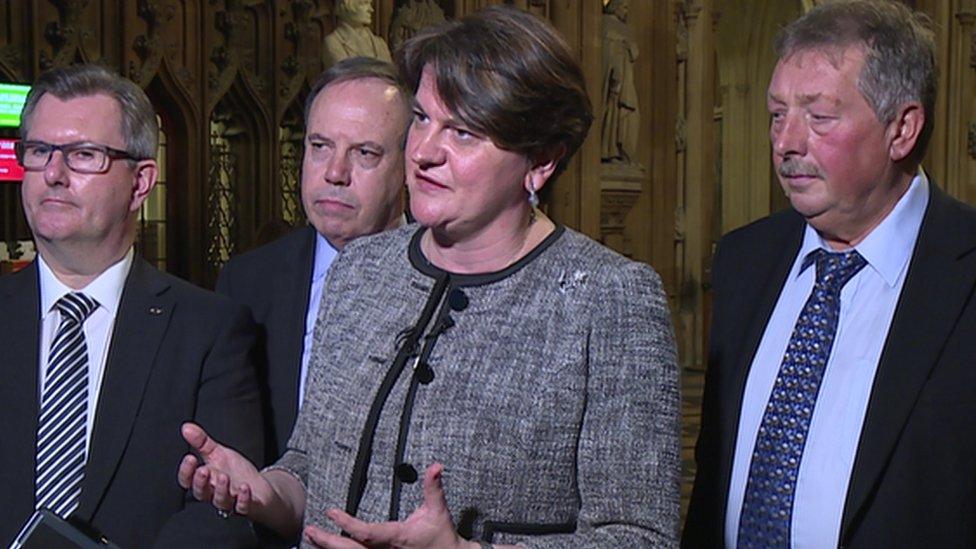Carwyn Jones shifts Brexit poll stance as crisis deepens
- Published
- comments
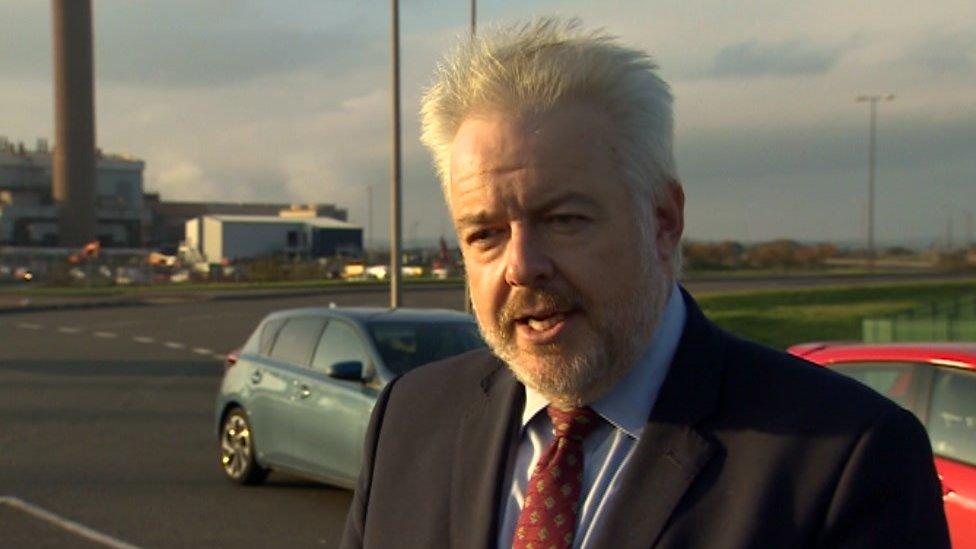
Carwyn Jones said it was one of the worst crises he had ever seen in politics
A new Brexit referendum should be held if the prime minister is replaced and no general election is called, First Minister Carwyn Jones has said.
He said two cabinet ministers quitting over the draft Brexit deal was one of the worst political crises he had seen.
Mr Jones has previously backed the idea of a fresh referendum only if a general election failed to end the deadlock.
He, and Scotland's first minister, have sent Theresa May a letter scathing of her handling of the EU withdrawal plan.
Mr Jones and Nicola Sturgeon told the prime minister it was "symptomatic of the chaotic approach to the negotiations" and lacked any "meaningful engagement" with their administrations.
They demanded a chance to have some input into the political declaration about future UK-EU relations before it was finalised.
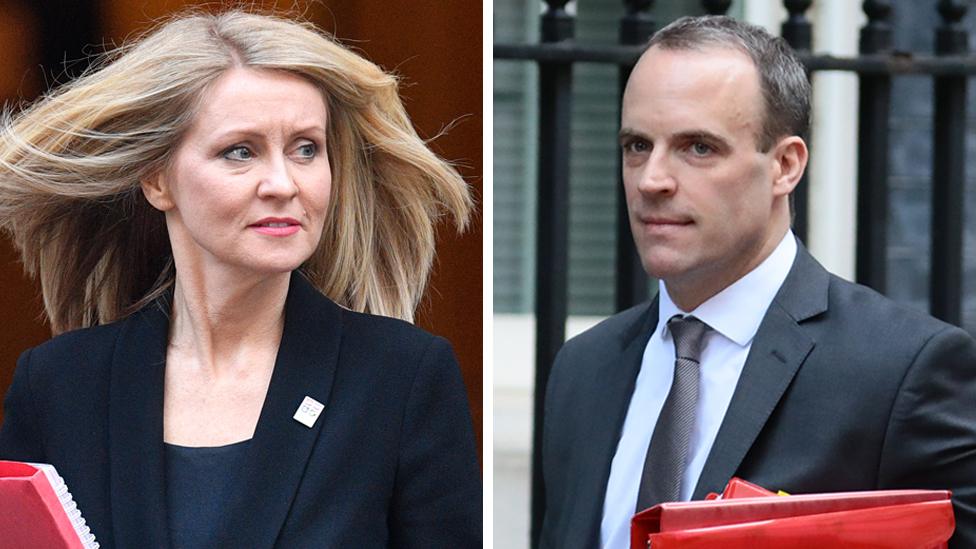
Esther McVey followed Dominic Raab in resigning from the cabinet on Thursday
Speaking later to BBC Wales, Mr Jones said it was "one of the worst crises I've seen in politics, certainly in my time".
"If this ends up with a leadership election in the Tory party, which just leads to a new prime minister who then carries on without any kind of mandate from the people, that would be completely wrong.
"At that point if there is no election there has to be a referendum." Mr Jones added: "It's in nobody's interests to have a situation where there seems to be no leadership in the UK government or in parliament.
"Businesses are starting to worry - there needs to be a way forward here that steps beyond party politics."

Analysis
By BBC Wales political editor Felicity Evans
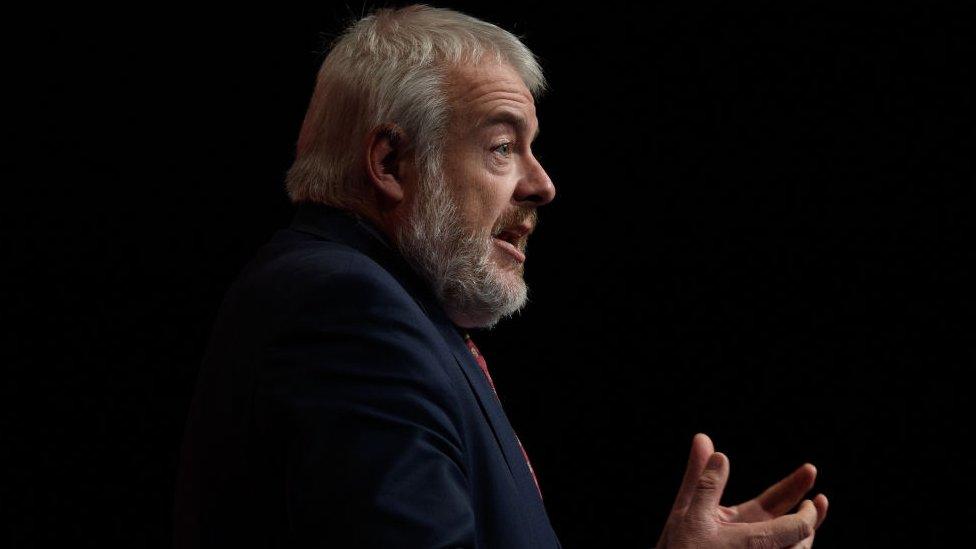
I noticed a subtle but significant change in Carwyn Jones's position on another referendum this afternoon.
Until now, he's been cautious on the subject. Following the Labour line and expressing concern about the implications for devolved nations of not respecting referendum results.
Today his tone was markedly different. He argued it would be "presumptuous" of politicians not to allow people "to have their say" on this new deal.
The upheaval of the last 24 hours, along with the concerns he and his Scottish counterpart Nicola Sturgeon expressed in a letter this lunchtime, accusing the UK Government of a "lack of any meaningful engagement with the devolved administrations" appear to have convinced him that the balance has shifted.
Mr Jones says the deal being proposed is "far from perfect" but he must be concerned that any successor to Mrs May will pursue a harder Brexit, or perhaps that the brinksmanship currently on display could lead to a no deal departure.
He has previously commented that the former could shrink the Welsh economy by a tenth, and the latter would be a "catastrophe".

Earlier, several Conservative backbenchers - including leading Tory Brexiteer Jacob Rees-Mogg - revealed they had submitted letters of no confidence in Mrs May to Sir Graham Brady, chairman of the Tories' backbench 1922 Committee.
A vote will be triggered if 48 Tory MPs write letters to Sir Graham. It is understood 48 letters have not yet been received.
But Welsh Secretary Alun Cairns said he believed "Theresa May will be here tomorrow, next week, next month and as we leave the European Union".
"So far not enough letters have gone in to the 1922 committee, so we'll see what happens," he told BBC Wales.
"The truth is there isn't a majority, I think, for any other leader."
He earlier described the Brexit withdrawal deal as a compromise and not a cave-in to the EU.
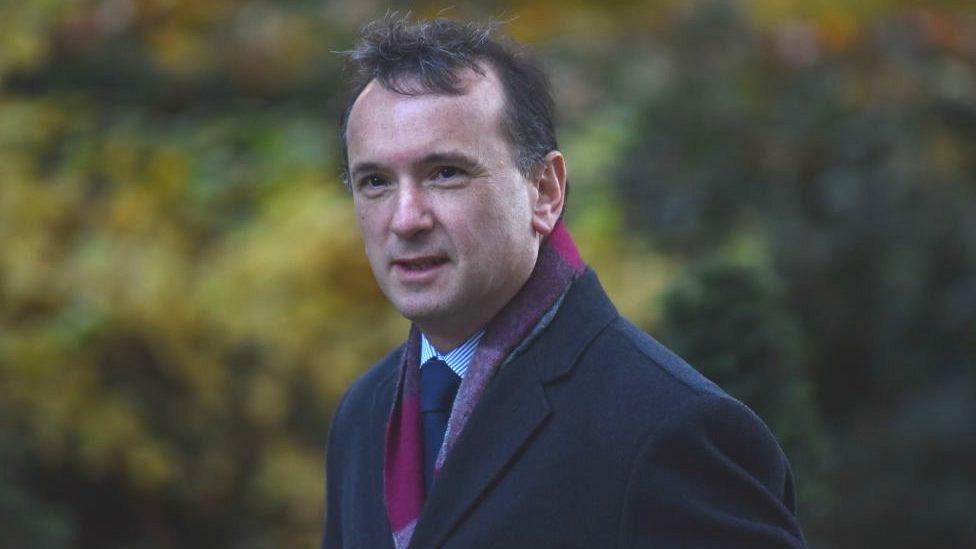
Alun Cairns arriving at Downing Street for Wednesday's cabinet meeting on the draft deal
Disagreements escalated into a crisis on Thursday when Brexit Secretary Dominic Raab and Work and Pensions Secretary Esther McVey resigned in protest at the draft Brexit deal approved by the cabinet following a five-hour meeting on Wednesday.
Mr Raab said he "cannot in good conscience support" proposals which he said gave the EU a "veto" over when the UK could leave a temporary customs union, and which he claimed threatened the integrity of the UK with special arrangements for Northern Ireland.
Former Welsh secretary David Jones said Mr Raab was "absolutely right" to resign, saying the so-called "backstop" plan to prevent a hard border in Ireland was a "massive problem".
The Clwyd West MP - also a former Brexit minister - told BBC Radio Five Live: "We are going to be effectively stuck in a customs union almost indefinitely.
"The prime minister has always been clear that we can't treat Northern Ireland separately from the rest of the UK and this is what this agreement will potentially do."
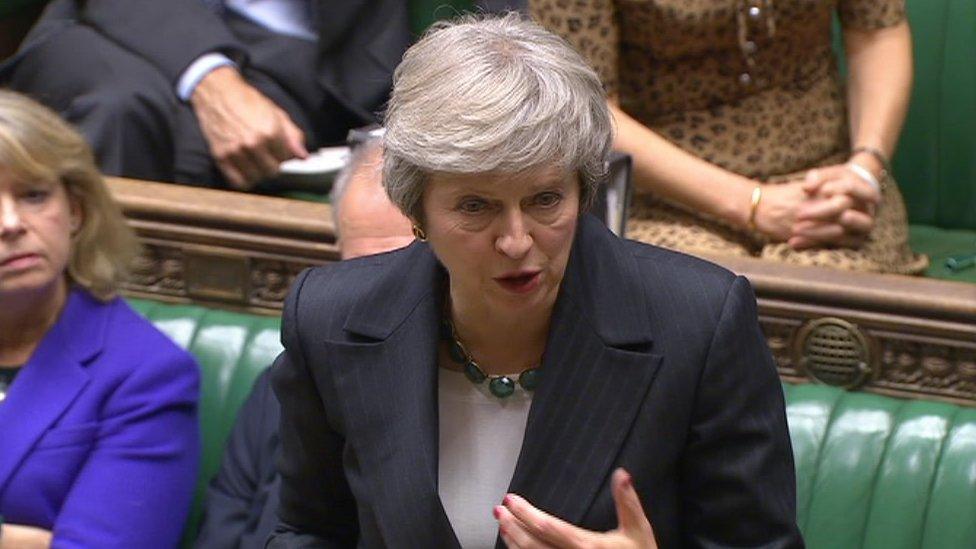
Theresa May came under fire from all sides of the Commons as she defended the draft Brexit deal
Later, in the House of Commons, Tory MPs lined up to condemn the draft withdrawal agreement as the prime minister delivered her statement on it.
But she got support from another former Conservative Welsh Secretary, Stephen Crabb, who said "the theory of a perfect Brexit" had "met the cold reality of hard choices and compromise".
"This is absolutely not the moment to walk away from our responsibilities to govern and provide this country with leadership at this difficult time," the Preseli Pembrokeshire MP said.
Mrs May agreed, saying there were "difficult choices to be made ... not according to how we wish the world could be like, but to the reality of the world that we see, and to make those choices pragmatically in the interests of the British people".
Plaid Cymru has confirmed it will oppose the deal, with their parliamentary leader Liz Saville Roberts lamenting it as one which "pleases none of the people, all of the time", as she repeated calls for another referendum.
UKIP's leader in the Welsh Assembly, Gareth Bennett, said the plans were "a complete betrayal" of Brexit.
Meanwhile the chief executive of Aston Martin - the luxury car maker which has a plant in the Vale of Glamorgan - has said the draft Brexit deal was "good enough".
However, Andy Palmer added that the firm would not halt contingency planning for a no-deal scenario, saying: "The Tory party needs to agree and then Parliament needs to agree, and I don't think any of that is that easy."
- Published13 November 2018
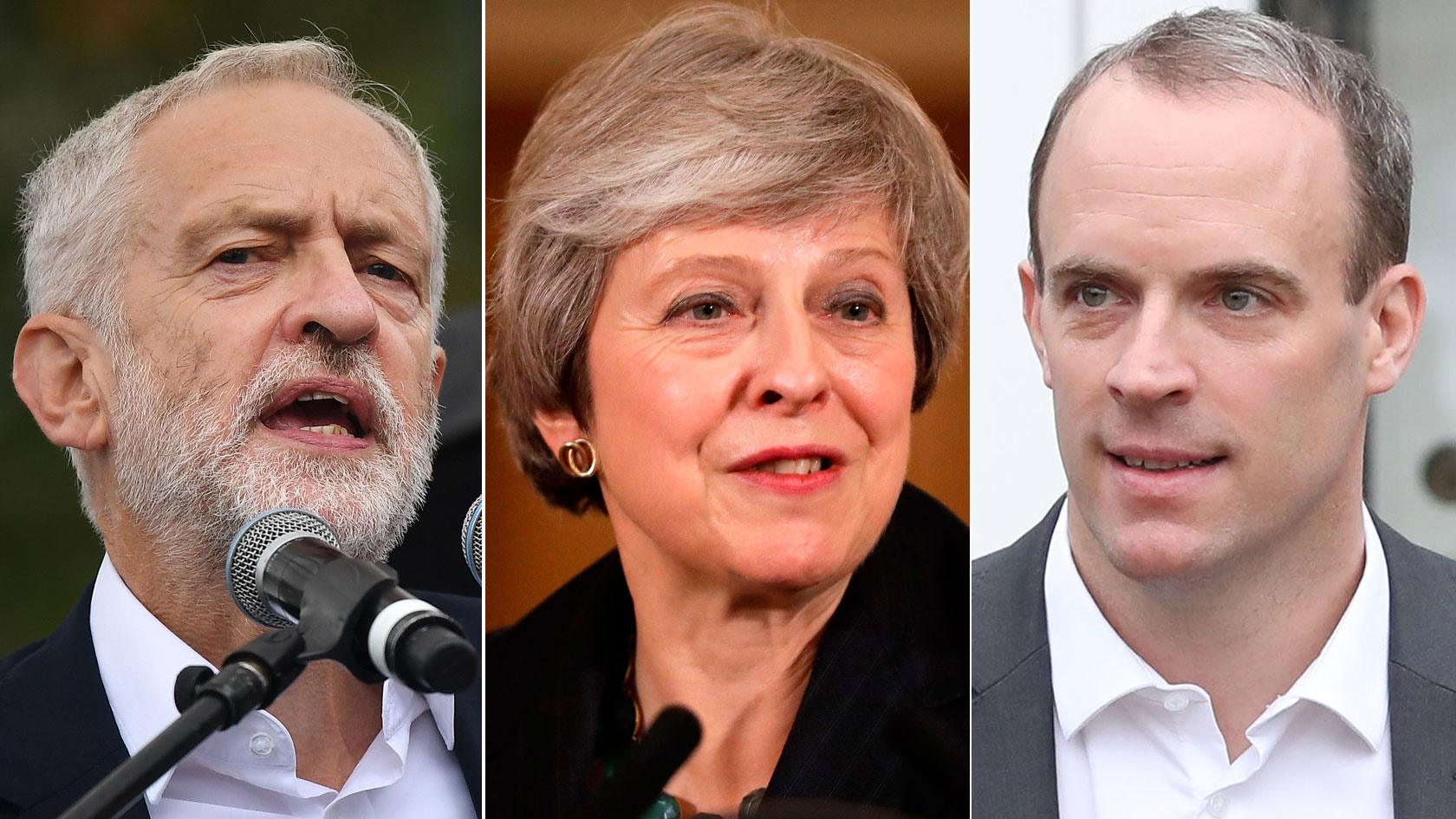
- Published15 November 2018
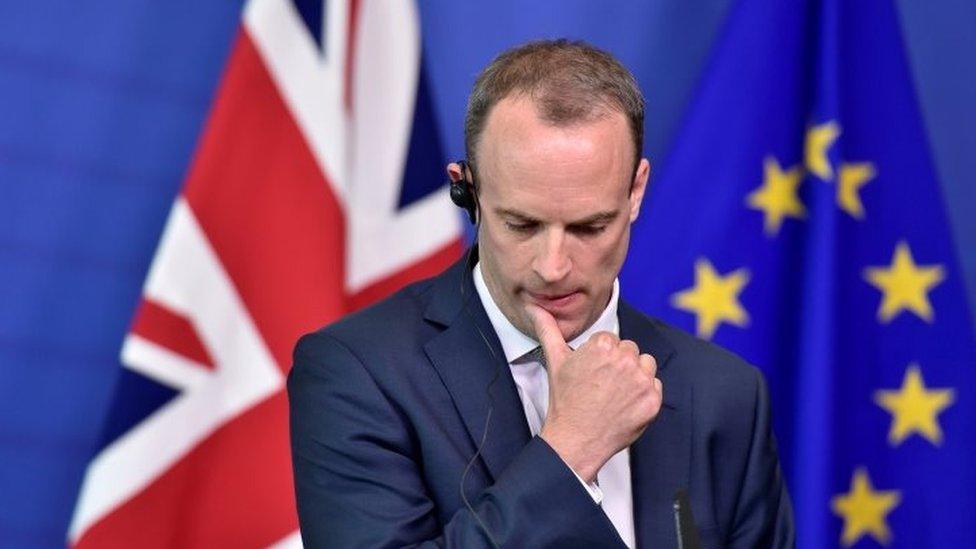
- Published15 November 2018
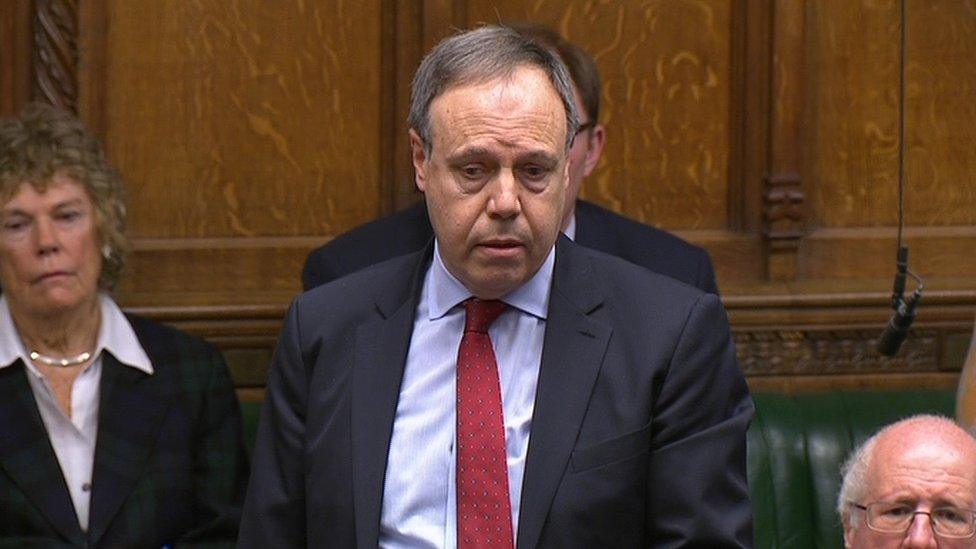
- Published14 November 2018
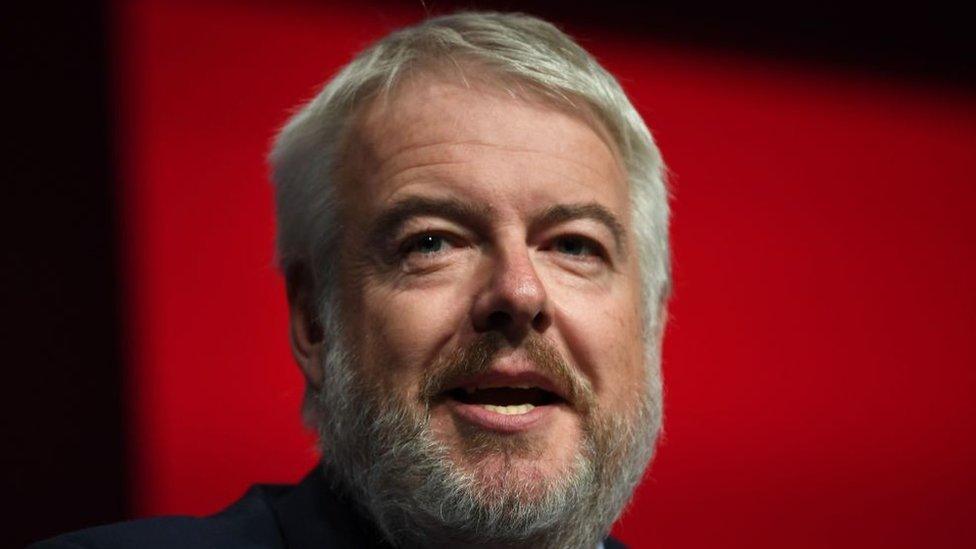
- Published14 November 2018
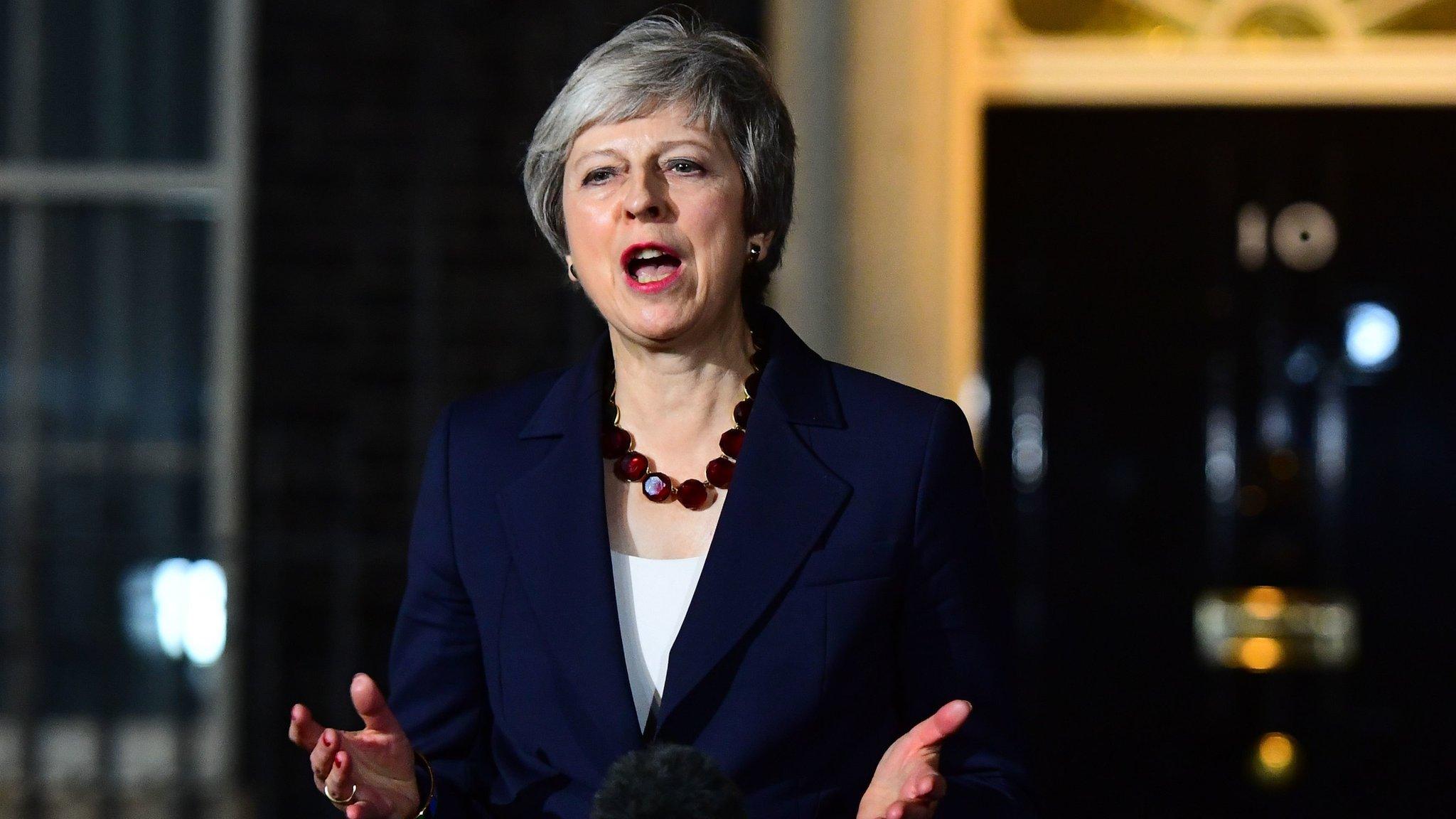
- Published11 December 2018
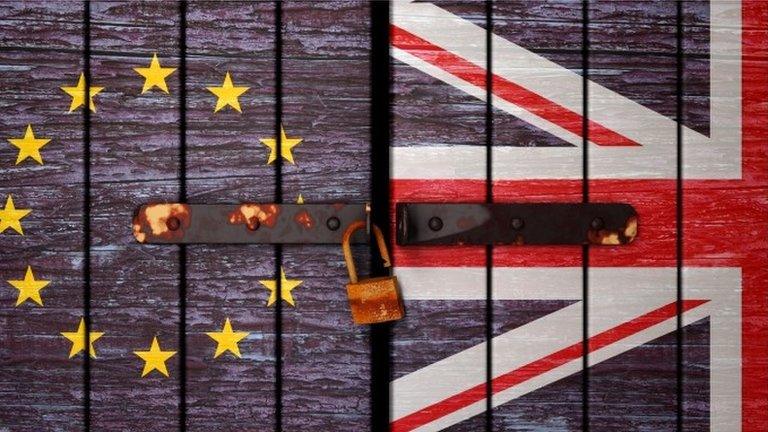
- Published14 November 2018
